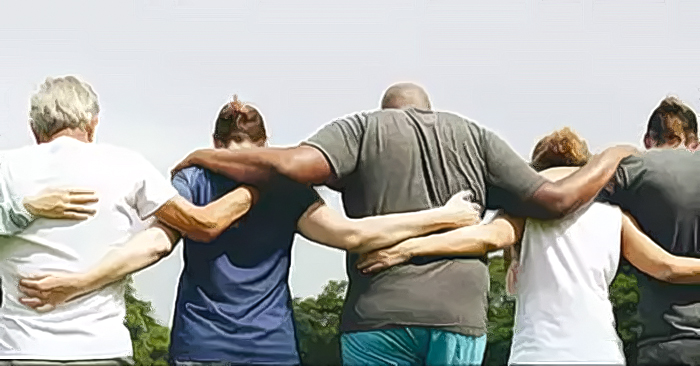
The challenge today that Jesus speaks of in loving that which you don’t want to love, is a similar challenge that faced the prophet Isaiah. Fr. Ron Rolheiser writes that for him, it was not enough that the Messiah should usher in a time of peace and freedom for good people. Along with rewards for the good, he felt, there also needed to be a “day of vengeance” on the bad. Interestingly, in a curious omission, when Jesus quotes this text from Isaiah to define his own ministry, he leaves out the part about vengeance. There are too many of us in the church and the world today, in both conservative and liberal camps, who, like this man, have the same burning need. We want to see misfortune fall upon the wicked. It is not enough that eventually, the good should have their day. The bad must be positively punished. All ecclesial camps today agree that justice demands that sin and wickedness be positively punished. We only disagree on what constitutes sin and wickedness. To my mind, this desire for justice (as we call it) is, at its root, unhealthy and speaks volumes about the bitterness within our own lives. All these worries that somebody might be getting away with something and all these wishes that God better be an exacting judge, suggest that we, like the older brother of the prodigal son, might be doing things right, but real love, forgiveness and celebration have long gone out of our hearts. We are bitter as slaves and quite outside the circle of the dance. Alice Miller, the great Swiss psychologist, suggests that the primary task of the second half of life is grieving. We need to grieve, she says, or the bitterness and anger that come from our wounds, disappointments, bad choices, and broken dreams will overwhelm us with a sense of life’s unfairness. It is because we are wounded and bitter that we worry about God’s justice, worry that it might be too lenient, worry that the bad will not be fully punished, worry that there might not be a hell. But we should worry less about those things and more about our own incapacity to forgive, to let go of our own hurts, to take delight in life, to give others the sheer gaze of admiration, to celebrate and to truly join in the dance. To be fit for heaven, we must let go of our bitterness. Our problem is that we have never fully heard or understood God’s words: “My child, you have always been with me, and all I have is yours, but we, you and I, should be happy and dance because your younger brother who was dead has come back to life!”
